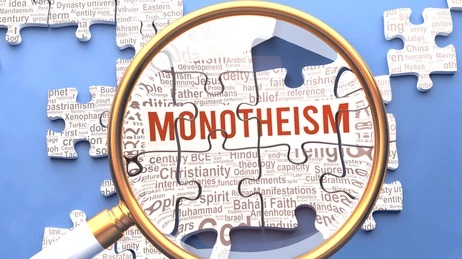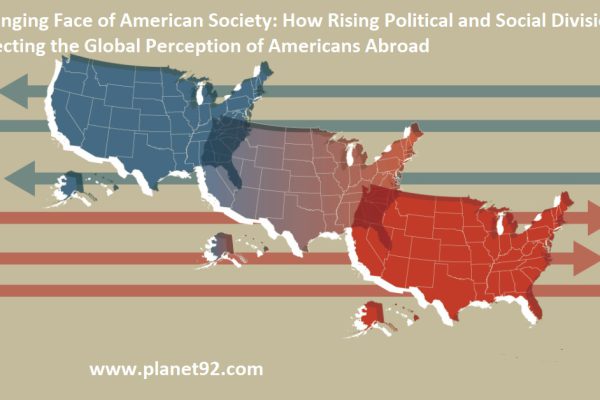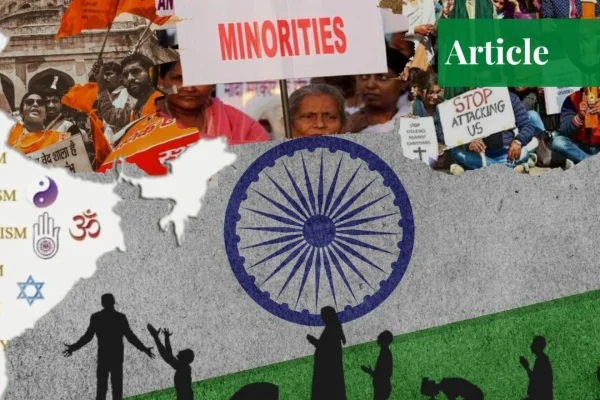
Understanding the Theological Differences Between Muslims and Ahmadis: Quranic Interpretations, Prophetic Claims, and Legal Implications
Explore the deep theological differences between mainstream Muslims and Ahmadis, focusing on the interpretation of the Quran, prophetic claims made by Mirza Ghulam Ahmad, and the resulting legal and social implications. This comprehensive article examines how Ahmadis’ beliefs diverge from traditional Islamic teachings and the impact of these differences on their legal status and societal treatment.















